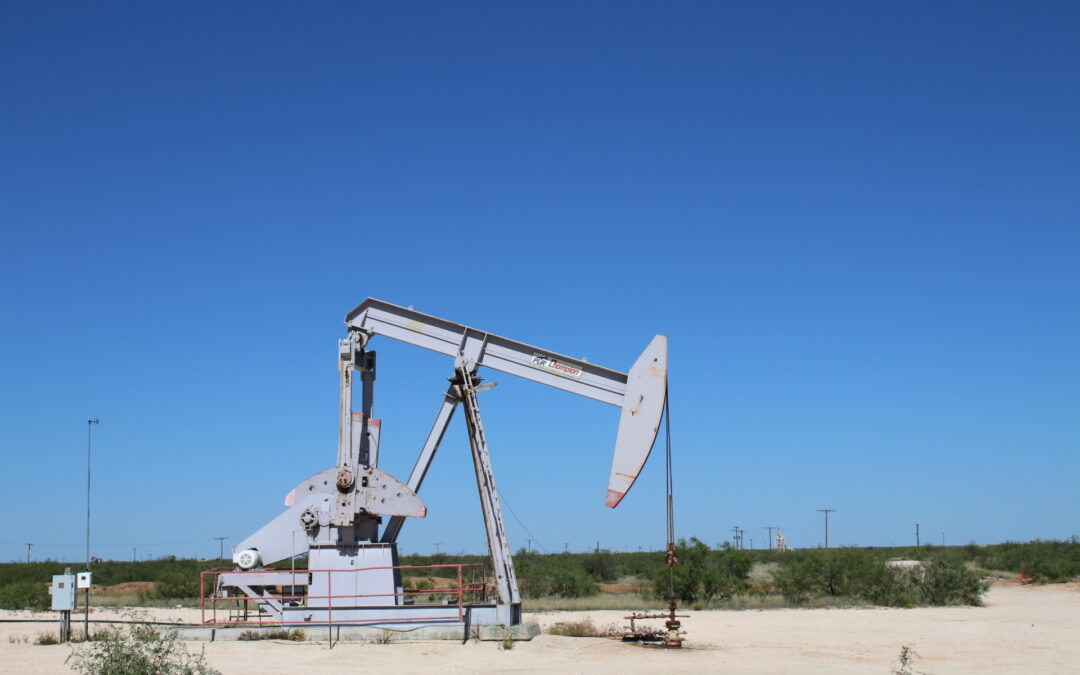Source: Houston Public Media
Federal reforms to orphaned well cleanup programs aim to streamline processes and cut red tape, empowering states like Texas to tackle environmental risks more quickly and efficiently.
The Department of the Interior’s recent updates to its guidelines for federal orphaned well cleanup programs have been met with praise from Texas’ oil and gas industry. As part of a broader effort to accelerate the plugging of abandoned oil and gas wells, the revisions to the $780 million Orphaned Wells State Matching Grant Program and the $1.93 billion Orphaned Wells State Formula Grant Program aim to streamline processes, eliminate unnecessary bureaucracy, and allow for faster action by states.
The updates come at a time when states, especially Texas, are working tirelessly to address the problem of orphaned wells, or abandoned oil and gas wells that pose environmental and safety risks.
The revised guidelines now offer states more flexibility and reduce the burden on grant recipients, making it easier for Texas to move forward with its cleanup efforts. Among the most significant changes are the removal of the pre- and post-plugging methane measurement requirement, and the elimination of a post-award environmental review process. These revisions allow for quicker implementation and reduce the red tape that has slowed progress in the past.
Railroad Commission of Texas (RRC) Chairman Jim Wright praised the reforms for their alignment with a common-sense governance approach, particularly following the challenging bureaucratic hurdles under previous administrations, saying “I appreciate the thoughtful work of the Trump Administration and Secretary of the Interior Doug Burgum to cut through the red tape and allow the Railroad Commission to utilize its world-renowned well plugging expertise.”
The RRC, which is responsible for regulating the state’s oil and gas industry, has long been at the forefront of well plugging efforts. In fact, the recent federal reforms align closely with the state’s own initiatives to address orphaned wells. The Texas legislature has been proactive in supporting the Railroad Commission’s efforts by appropriating an additional $100 million for well plugging for 2026-2027 fiscal years and passing two critical pieces of legislation aimed at increasing well-plugging while ensuring environmental protection.
Senate Bill 1146 provides a means to allow for industry to plug more wells. While industry generally plugs 80-90% of total wells plugged on an annual basis, there is an opportunity for industry to plug even more. This legislation allows an operator who wishes to plug another’s orphan well on the operator’s lease to donate funding to RRC to allow for orphaned wells on another lease to be plugged. Prior to SB 1146, that operator had to assume ownership for the well, which is a burden an operator is reluctant to take on. By clarifying responsibilities and providing greater legal certainty, this bill fosters a more cooperative environment in the effort to tackle orphaned wells statewide.
Senate Bill 1150, another key legislative effort, targets the transparency and accountability of well plugging activities and requires operators to plug certain inactive wells which will in turn reduce the amount of wells that become orphaned.
The goal of these legislative efforts is to ensure that inactive and orphaned wells are plugged in a timely manner, safeguarding public health and the environment from the risks posed by leaking wells.
The joint efforts of the Department of the Interior’s reforms and the Texas state legislative efforts represent a unified front in addressing the orphaned well population. While the federal program’s guidelines make it easier for Texas to access the funds necessary to tackle this issue, state-level initiatives like SB 1146 and SB 1150 provide the infrastructure and accountability needed to drive progress on the ground.
The state’s proactive stance on orphaned well plugging has placed Texas at the forefront of environmental stewardship within the energy sector. The message is clear: Texas is ready to get to work, and with the right tools in hand, it’s a matter of when, not if, these wells will be plugged and the state will continue to thrive as a leader in responsible energy production.

